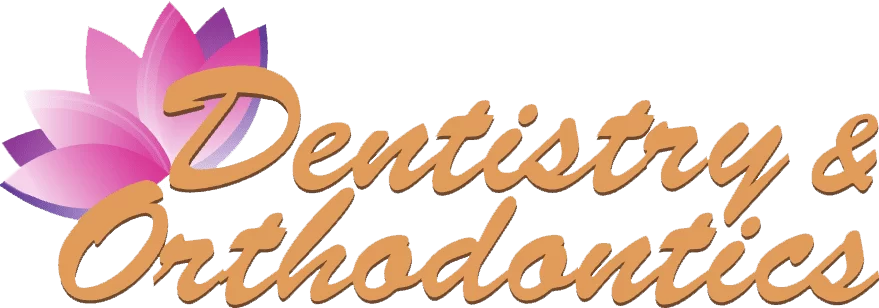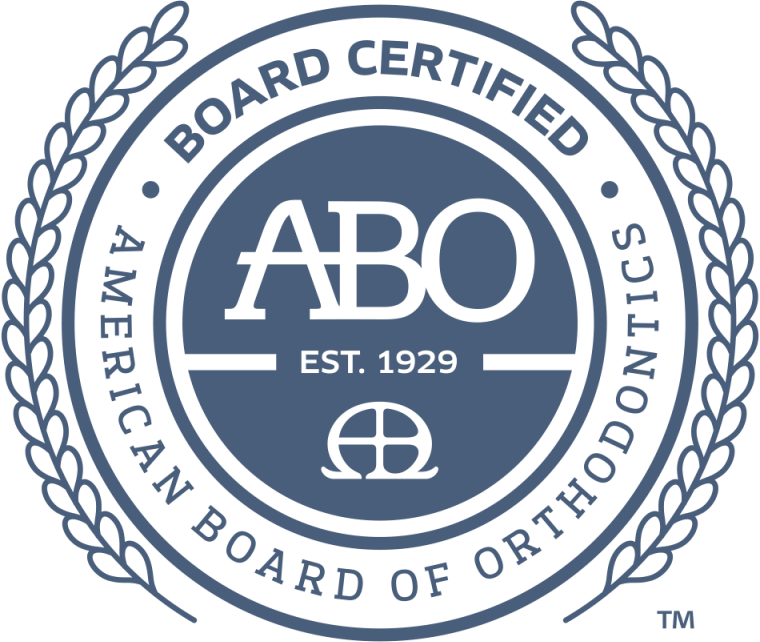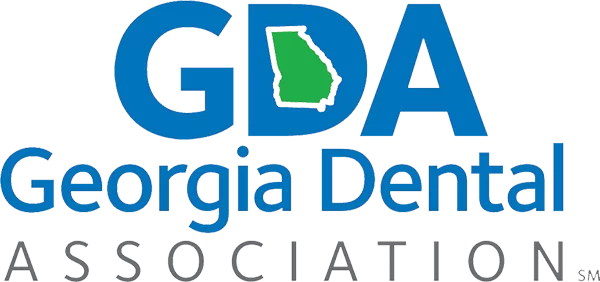When do dentists recommend tooth extractions? Tooth extractions are typically advised by dental professionals when a tooth is irreparably damaged or when its presence compromises overall oral health. This procedure may be considered in cases such as severe decay, infection, or for orthodontic reasons to alleviate crowding.
Tooth Extractions for Severe Tooth Decay or Damage
When it comes to severe tooth decay or damage, tooth extractions often become a necessary procedure. Dentists typically recommend removing a tooth when it is beyond repair, either due to extensive decay, infection, or trauma that compromises the tooth’s structure and function. The goal is to prevent further complications such as the spread of infection to other parts of the oral cavity or more severe health issues. Tooth extractions can provide immediate relief from pain and help maintain the overall health of your mouth.
Understanding the duration and process involved in tooth extractions can help alleviate any anxiety associated with dental procedures. For more detailed information on what to expect, visit How Long Do Tooth Extractions Take?
Impacted Wisdom Teeth Issues
Impacted wisdom teeth are a common reason for tooth extractions. These teeth, located at the very back of the mouth, often lack the necessary space to emerge properly. As a result, they may grow at an angle, partially emerge, or remain trapped beneath the gum and bone. This can lead to various complications, including pain, infection, and damage to adjacent teeth. The complexity of their position makes them prone to issues that can affect overall dental health.
For those experiencing problems with impacted wisdom teeth, seeking professional evaluation is crucial. If you’re looking for more information on this procedure, consider visiting Expert Tooth Extractions Kennesaw for further details.
Risk of Infection from Tooth
When discussing the reasons for tooth extractions, dentists often consider the risk of infection from a compromised tooth as a significant factor. If a tooth is severely decayed or damaged, it can become a breeding ground for bacteria, potentially leading to more serious infections that affect not only the mouth but also overall health. In such cases, removing the tooth might be considered to prevent further complications. Tooth extractions are thus sometimes recommended to manage and mitigate the risk of infections originating from the affected tooth.
Overcrowded Teeth in Mouth
Overcrowded teeth occur when there is not enough space in the mouth for all the teeth to fit properly. This can lead to various dental issues, including misalignment and difficulty in maintaining oral hygiene. In some cases, dentists recommend tooth extractions as a solution to alleviate the overcrowding and help improve the overall health and alignment of the remaining teeth. Tooth extractions are considered when other space-creating options are not suitable or sufficient. For more information on how dental professionals handle such cases, consider visiting Dentistry & Orthodontics at Kennesaw Point or check out this Kennesaw Dentist for further details.
Preparation for Orthodontic Treatment
Tooth extractions are sometimes recommended by dentists as part of the preparation for orthodontic treatment. This procedure may be considered when there is a need to create space within the mouth to properly align the teeth and improve the overall effectiveness of the orthodontic plan. The decision to proceed with tooth extractions involves evaluating the dental structure and the specific requirements of the orthodontic treatment.
Teeth Beyond Repair
When it comes to dental health, preserving natural teeth is always the priority. However, in cases where teeth are beyond repair, dentists often recommend tooth extractions as a necessary procedure. This could be due to severe decay, advanced periodontal disease, or teeth that have been damaged beyond what restorative treatments can effectively address. Removing these compromised teeth can prevent further oral health complications and pave the way for suitable replacement options, such as implants or bridges, ensuring the patient’s overall well-being and continued functionality.
Periodontal Disease Complications
Periodontal disease, commonly known as gum disease, can lead to severe complications that necessitate tooth extractions. When the condition progresses without effective treatment, it can destroy the supporting tissues and bones around the teeth, causing them to become loose. In advanced stages, such as periodontitis, the damage is often irreversible, and tooth extractions may be the only option to prevent further infection and maintain oral health. Dentists recommend removing these compromised teeth to help halt the progression of the disease and protect the surrounding healthy teeth from similar risks.
Fractured Teeth Below Gum Line
When it comes to preparing for orthodontic treatment, dentists often recommend tooth extractions to address issues such as overcrowding or the presence of fractured teeth below the gum line. Removing these teeth can provide the necessary space for other teeth to move into their correct positions, facilitating a more effective and efficient orthodontic treatment. Tooth extractions in such cases not only help in aligning the teeth but also prevent potential complications that could arise from leaving severely damaged or misaligned teeth untreated.
Non-responsive to Other Treatments
When dental issues become non-responsive to other treatments, dentists may recommend tooth extractions as a definitive solution. This typically occurs in cases where decay, infection, or damage is so extensive that fillings, crowns, or other conservative treatments fail to resolve the problem effectively. Tooth extractions help prevent the spread of infection and alleviate severe pain, ensuring the overall health of your mouth remains intact. This step is considered when all other avenues have been exhausted, highlighting its importance in maintaining dental health.
Conclusion
For more information on tooth extractions, consider reading reviews on Google Maps. If you have further questions, feel free to call us at 678-275-2066.







